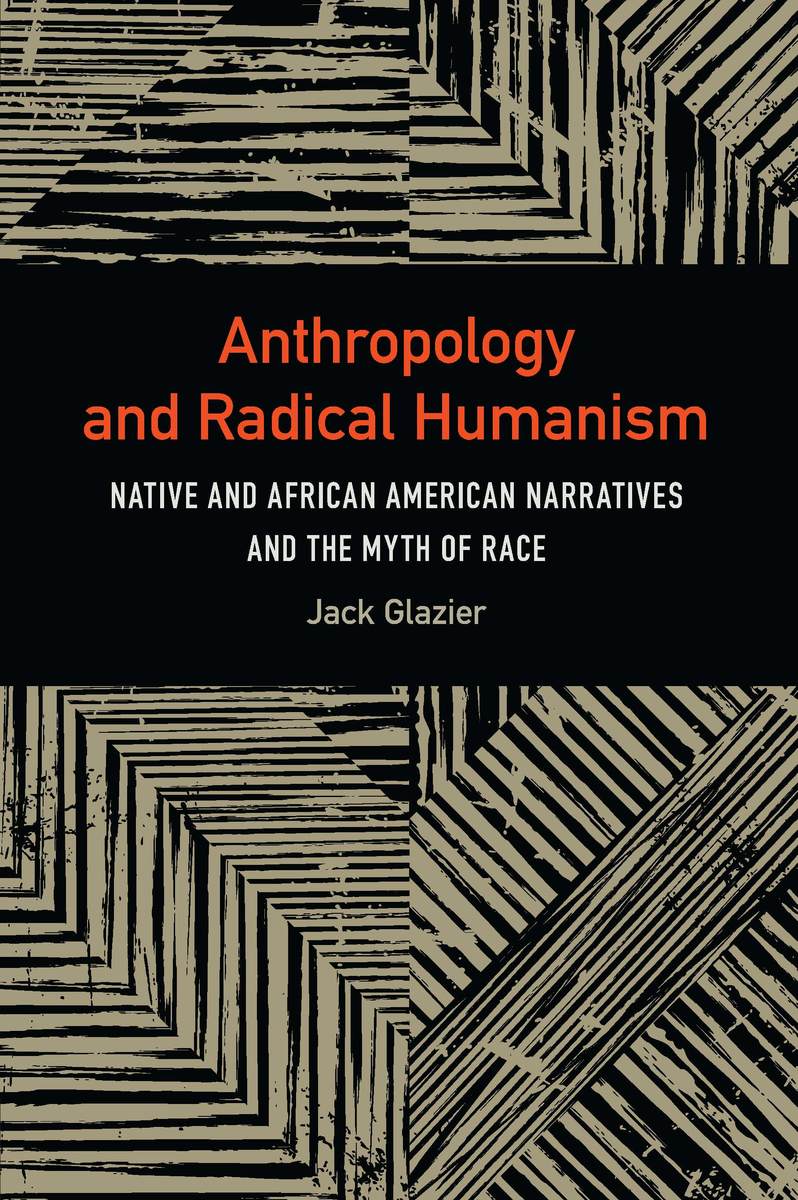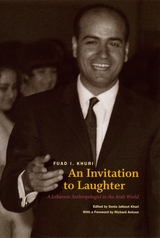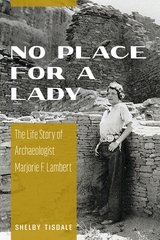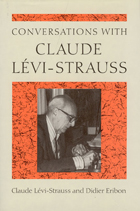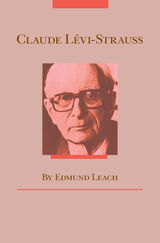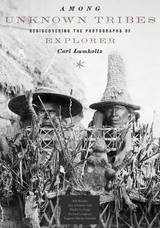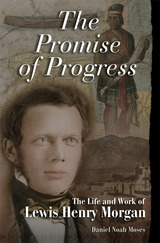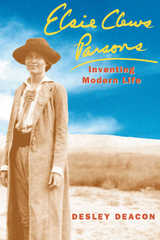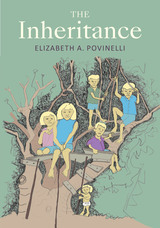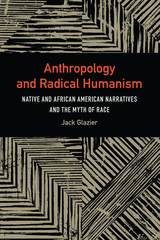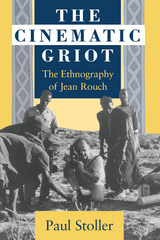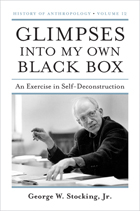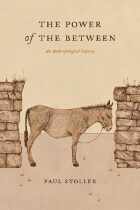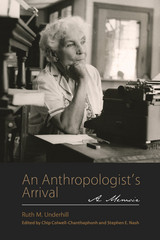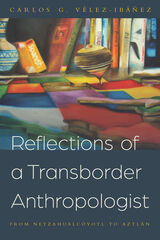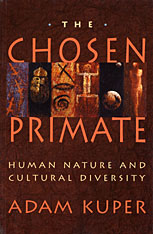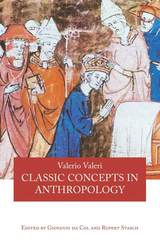Anthropology and Radical Humanism: Native and African American Narratives and the Myth of Race
Michigan State University Press, 2020
Cloth: 978-1-61186-350-5 | eISBN: 978-1-62895-386-2
Library of Congress Classification GN21.R23G53 2020
Dewey Decimal Classification 306.362
Cloth: 978-1-61186-350-5 | eISBN: 978-1-62895-386-2
Library of Congress Classification GN21.R23G53 2020
Dewey Decimal Classification 306.362
ABOUT THIS BOOK | AUTHOR BIOGRAPHY | REVIEWS | TOC | REQUEST ACCESSIBLE FILE
ABOUT THIS BOOK
Paul Radin, famed ethnographer of the Winnebago, joined Fisk University in the late 1920s. During his three-year appointment, he and graduate student Andrew Polk
Watson collected autobiographies and religious conversion narratives from elderly African Americans. Their texts represent the first systematic record of slavery as told by
former slaves. That innovative, subject-centered research complemented like-minded scholarship by African American historians reacting against the disparaging portrayals of black people by white historians. Radin’s manuscript focusing on this research was never published. Utilizing the Fisk archives, the unpublished manuscript, and other archival and published sources, Anthropology and Radical Humanism revisits the Radin-Watson collection and allied research at Fisk. Radin regarded each narrative as the unimpeachable self-representation of a unique, thoughtful individual, precisely the perspective marking his earlier Winnebago work. As a radical humanist within Boasian anthropology, Radin was an outspoken critic of racial explanations of human affairs then pervading not only popular thinking but also historical and sociological scholarship. His research among African Americans and Native Americans thus places him in the vanguard of the anti-racist scholarship marking American anthropology. Anthropology and Radical Humanism sets Paul Radin’s findings within the broader context of his discipline, African American culture, and his career-defining work among the Winnebago.
Watson collected autobiographies and religious conversion narratives from elderly African Americans. Their texts represent the first systematic record of slavery as told by
former slaves. That innovative, subject-centered research complemented like-minded scholarship by African American historians reacting against the disparaging portrayals of black people by white historians. Radin’s manuscript focusing on this research was never published. Utilizing the Fisk archives, the unpublished manuscript, and other archival and published sources, Anthropology and Radical Humanism revisits the Radin-Watson collection and allied research at Fisk. Radin regarded each narrative as the unimpeachable self-representation of a unique, thoughtful individual, precisely the perspective marking his earlier Winnebago work. As a radical humanist within Boasian anthropology, Radin was an outspoken critic of racial explanations of human affairs then pervading not only popular thinking but also historical and sociological scholarship. His research among African Americans and Native Americans thus places him in the vanguard of the anti-racist scholarship marking American anthropology. Anthropology and Radical Humanism sets Paul Radin’s findings within the broader context of his discipline, African American culture, and his career-defining work among the Winnebago.
See other books on: Discrimination | Glazier, Jack | Humanism | Myth | Slave narratives
See other titles from Michigan State University Press
